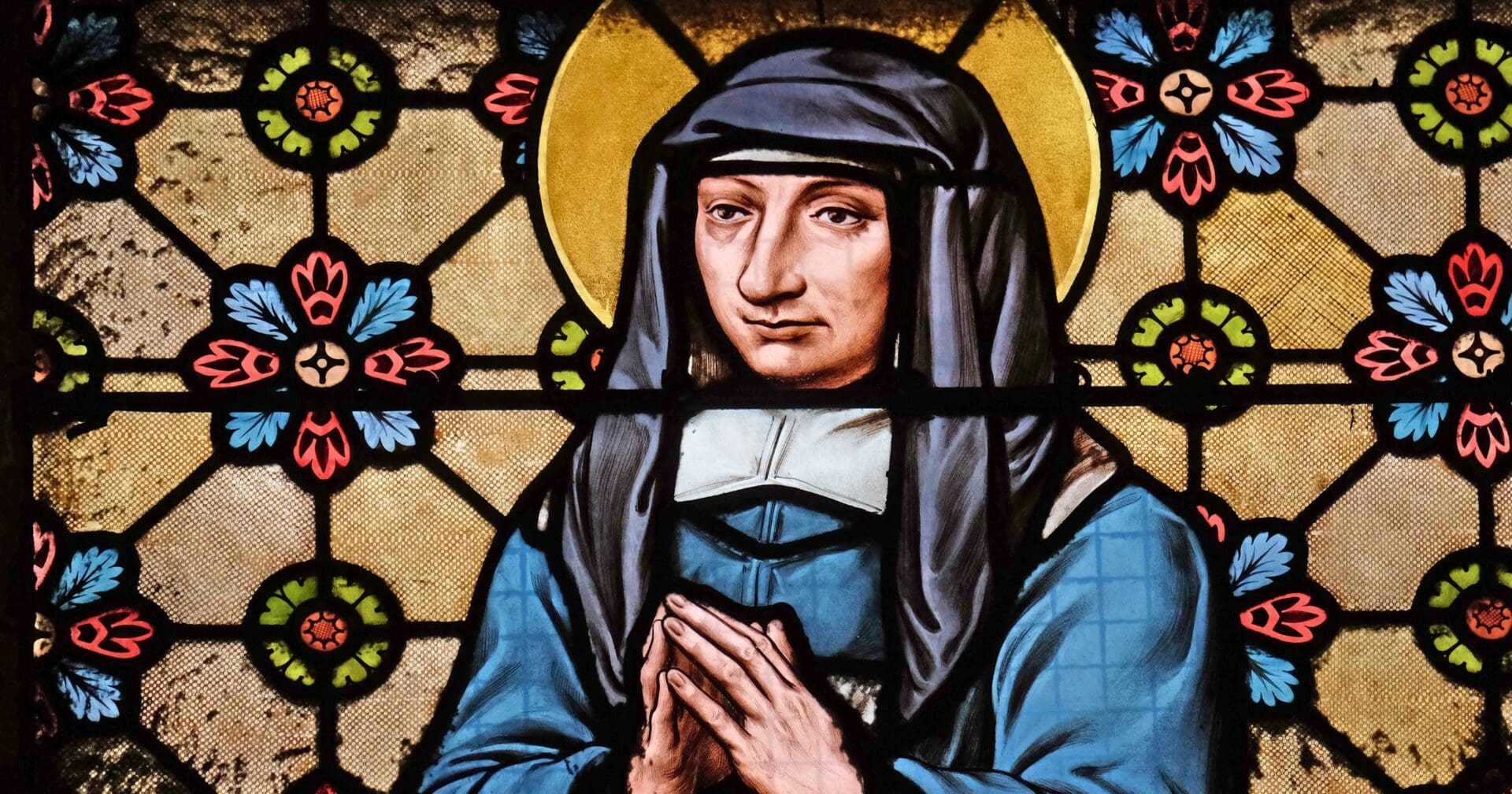
Louise de Marillac, born close to Meux, France, faced the loss of her mother as a child and her father at 15. Her early aspirations to join a convent were discouraged, leading her into an arranged marriage, which bore a son. She endured the prolonged illness and eventual death of her husband. Guidance came from St. Francis de Sales and the Bishop of Belley, though their presence in her life was sporadic. A profound personal revelation hinted at a significant undertaking ahead, guided by someone yet unknown to her – this would be the esteemed priest, later Saint, Vincent de Paul.
Vincent, initially hesitant due to his commitments with the “Confraternities of Charity,” needed help. His initiatives, supported by aristocratic women, aimed at assisting the poor and the abandoned children were hampered by the limited availability of these women. Vincent sought helpers from among the peasants, who could better connect with the poor.
As Vincent and Louise’s paths intertwined, he recognized in her the answer to his needs. Louise, marked by her intelligence, humility, and surprising physical resilience despite her frail health, became instrumental in Vincent’s mission. She attracted four young women to join her, turning her Parisian residence into a training hub for those dedicated to serving the sick and the poor. This rapid expansion necessitated a formal rule of life, crafted by Louise under Vincent’s guidance, for the Sisters of Charity of St. Vincent de Paul.
Vincent’s cautious approach with Louise and the nascent group underscored his reluctance to start a new community; he saw it as God’s work. He envisioned their convent as the homes of the sick, their cloister the city streets or hospital wards, adopting the attire of peasant women. The formalization of their vows and the official recognition by Rome came only later, under Vincent’s directive.
Despite challenges, including the initial resistance to take in neglected children and Louise’s own health struggles, she tirelessly worked to expand the community across France. By her death on March 15, 1660, the congregation boasted over 40 houses. Vincent de Paul passed away six months later.
Canonized in 1934 and named patroness of social workers in 1960, Louise de Marillac’s legacy endures as a testament to compassion and resilience.
Editorial credit: Zvonimir Atletic / Shutterstock.com
The post Saint Louise de Marillac appeared first on uCatholic.
Daily Reading
Memorial of Saints Joachim and Anne, Parents of the Blessed Virgin Mary
Readings for the Memorial of Saints Joachim and Anne, parents of the Blessed Virgin Mary Reading 1 JER 3:14-17 Return, rebellious children, says the LORD, for I am your Master;…
Daily Meditation
Planted in You
Click here for daily readings I’ve recently had some remodeling done in my home. My dwelling place is a sound structure. Built in the mid 70’s, wear and tear in…




